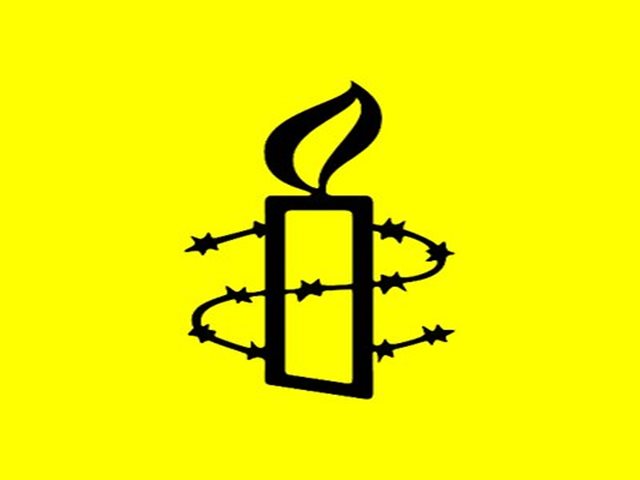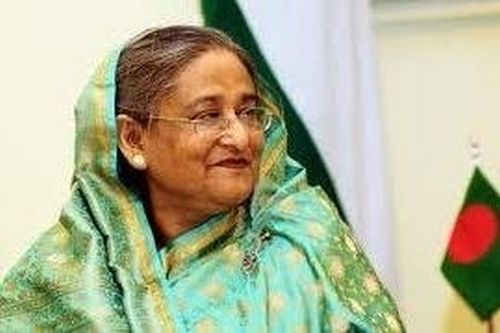New Delhi: Governments across South Asia should treat as a warning the “human catastrophe” unfolding in India and Nepal, and immediately address healthcare shortages and strengthen their systems to respond to the rapid surge of COVID-19 cases, the Amnesty International said on Thursday.
With India’s and Nepal’s healthcare systems struggling to cope with the massive surge in cases, the human rights organisation expressed its concern over the lack of preparedness in other countries in the region for the latest and the most deadly wave of coronavirus.
“Governments across South Asia must immediately address healthcare shortages and urgently strengthen their healthcare systems to respond to the rapid surge of COVID-19 cases in the region. Extremely low vaccination rates across South Asia have also left the region highly vulnerable, with pressing action needed at the global level to ensure more equitable access to vaccines,” a statement from the Amnesty said.
It also said that South Asia, home to a quarter of the world’s population, is fast becoming the new global epicentre of the COVID-19 pandemic.
“We have seen how shortages of oxygen, hospital beds, human resources and essential medicines pushed the already under-resourced healthcare response of India over the edge. Now a similar worrying trend is emerging in Nepal,” said Yamini Mishra, Amnesty International’s Asia-Pacific Director.
“This is not the time for Nepal’s politicians to indulge in political wrangling and infighting. What the country needs right now is unity and leadership to address the growing crisis,” she said.
On May 6, India reported more than 400,000 new cases in one day, it said.
“This took its total tally of confirmed cases to 21.5 million, though this is likely to be a significant underestimate. As the disease ravages India, several south Asian nations are also facing a resurgence of cases,” it said.
Nepal, which shares a porous border with India, has already started to experience a massive spike in infections. According to WHO figures, daily cases increased 30-fold from 303 to 9,317, or an increase of 2,975 per cent, between April 12 and May 12.
“The human catastrophe that is unfolding in India and Nepal should be a warning to other countries in the region to invest heavily in surge capacity for an emergency response. The virus is spreading and transcending borders at a frightening speed and will continue to hit the region’s most marginalized populations hardest of all,” said Yamini Mishra, Amnesty International’s Asia-Pacific Director.
The organisation also said that from late January onwards, countries including Bangladesh, Nepal, and Sri Lanka started receiving vaccine doses through donations from India and other countries, as well as via commercial deals.
“Amid its current crisis, India temporarily halted exports of vaccines on 24 March to prioritise domestic requirements, leaving the region with a severe shortfall of vaccines.
“Vaccination rates across South Asia remain extremely low – in Pakistan, only 0.9 percent of the population have received one dose of the vaccine,” the statement said.
The international rights body called on the global community to show solidarity and fulfil its human rights obligations to provide cooperation and assistance, by offering lifesaving medical tools and removing legal uncertainties and barriers that may impede the production and supply of vaccines.
“The new surge in cases poses a huge challenge to a region already struggling to vaccinate its population. In this time of crisis, the international community must come together and extend support to South Asian countries by ensuring equitable access to vaccines and prioritizing resource and technology transfer to produce vaccines locally,” said Mishra.







